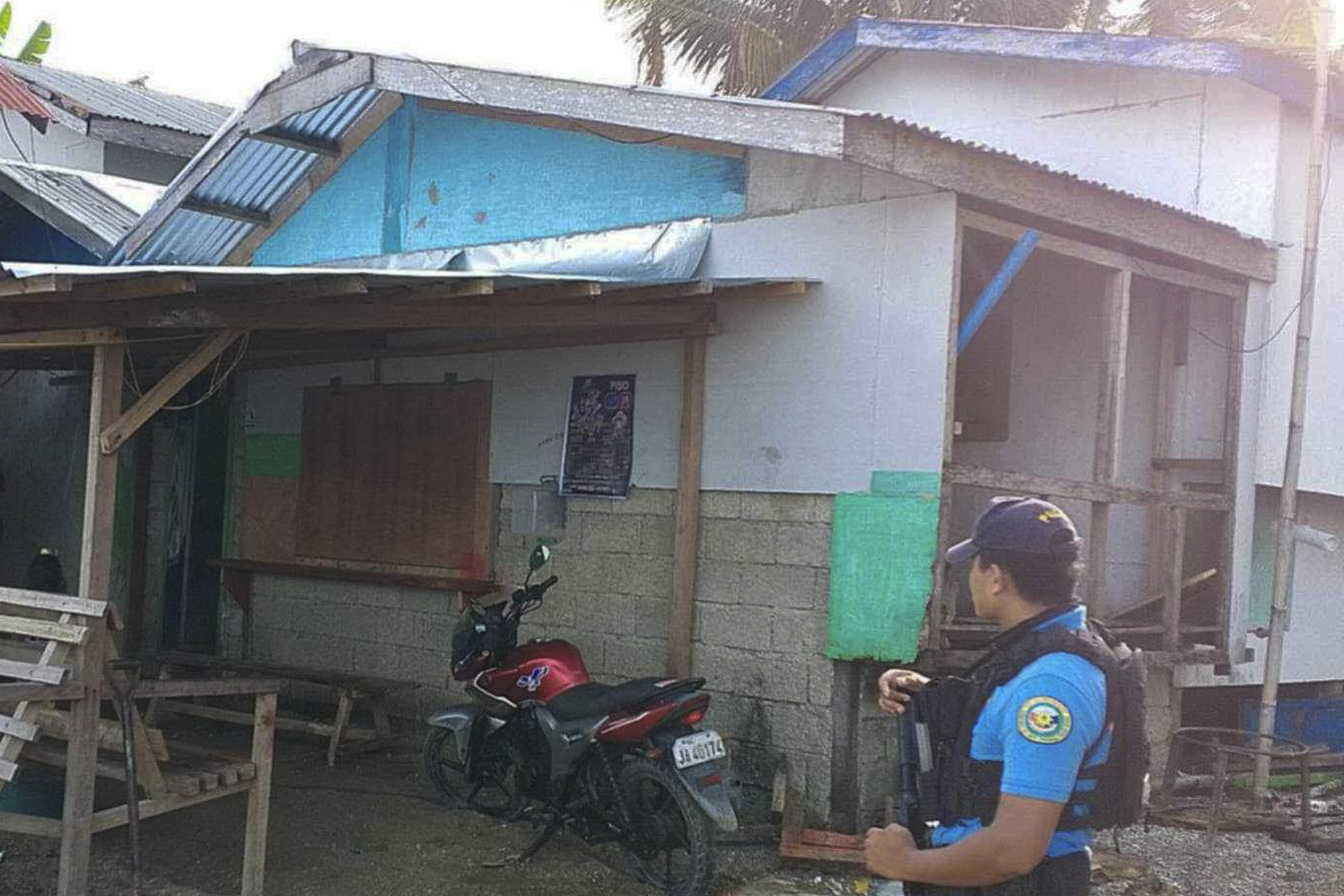At one New England medical school, traditional classroom lectures are going from familiar mainstays to things of the past.
The University of Vermont’s Larner College of Medicine aims to transform teaching by nixing traditional lecture classes all together by 2019.
Instead, the school will turn to more intimate group sessions aimed at problem-solving. Those sessions are said to mimic how future doctors will have to collaborate with nurses, social workers and others to craft treatments.
“It’s really about trying to figure out how to treat a patient as opposed to treating a symptom,” said first-year medical student Anna Lidofsky. “And so I think that the active learning activities that we’re involved in at UVM really help promote and facilitate that patient-centered approach.”
Bill Jeffries, the senior associate dean for medical education at UVM’s Larner College of Medicine, noted the information long delivered by old-school lectures will still be taught. However, that info will now come through video and readings, as advance prep for the roundtables led by a faculty facilitator.
At those roundtables, the knowledge from readings and video the professor recorded will be applied, and hopefully, Jeffries said, it will better stick.
“You don’t remember most of what you hear in lecture,” Jeffries observed. “We have a compact with the public to produce the best physicians possible. And we think that using these methods, we will produce better physicians for the future.”
Vermont
The latest news from around the state
Jeffries admitted change is not easy. Moving away from lectures will take a big technological shift and a bigger cultural one, he noted.
Even some students questioned if they’ll be as ready for their board exams, said first-year medical student Lauren Donnelly.
However, Donnelly said that fear disappeared for her when UVM launched more student evaluations, with faculty willing to see what’s working, and what may not be.
“We’re not really at-risk of being ill-prepared, I think we’re just better adapting to what we’ll need for the future,” Donnelly told necn. “Doing things in a group and learning things together—it just helps you put pieces together so you’ll remember it long-term.”
Jeffries said colleagues at other medical schools are watching how this plays out, to see if going lecture-free really is the prescription for a better education.



